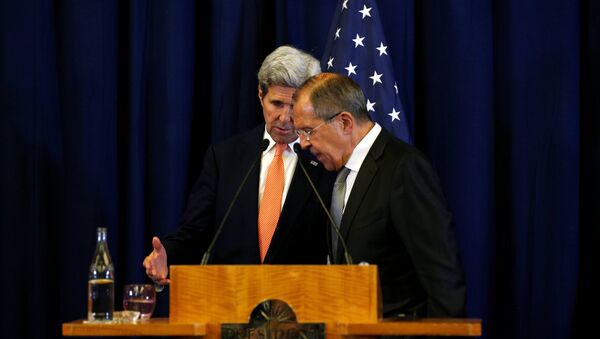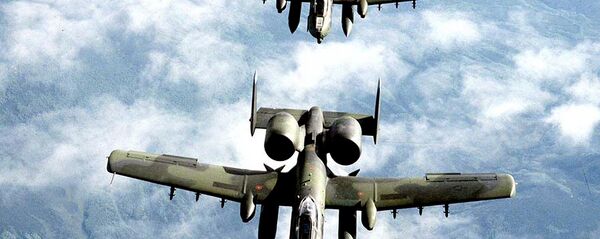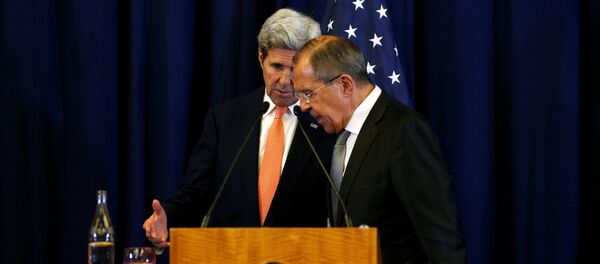"But that represents the style of our American colleagues," she added.
According to the leaks published by AP, Moscow and Washington "intend to undertake joint efforts to stabilize the situation in Syria, with special measures for the Aleppo region."
On September 17, Russian Foreign Minister Sergei Lavrov in phone talks with US State Secretary John Kerry reiterated the demand for Washington to separate moderate rebel forces from terrorist groups in Syria.
On Thursday, the Russian Foreign Ministry said that Moscow will not withdraw from the agreement on Syria.
"We are not backing out of this agreement. On the contrary, we believe that the recent events underscore its extreme-urgency. Unfortunately, this agreement has many opponents, if not enemies," Deputy Foreign Minister Sergei Ryabkov told reporters.
The US Secretary of State has repeatedly said it will continue its dialogue with Moscow over Syria.
At the same time, after the ceasefire failed, the Syrian Army had to repel several counterattacks by terrorists in Aleppo. At the same time, "moderate" forces of the Free Syrian Army (FSA) were engaged in combat in Hama Province.
"There are two possible reasons why the document leaked. The first is that the US may not consider the agreement any more. Second, the document may have been leaked to prove that the sides are actively working on the agreement," military expert Anton Mardasov told the Russian online newspaper Vzglyad.
According to the expert, the first scenario is more likely because some provisions of the agreement are "critical" for Washington.
In addition, the document read that the coalition can conduct joint airstrikes with Russia against al-Nusra Front and its allies. Attacks on al-Nusra Front’s allies would be an attack against some forces considered allies by Saudi Arabia, the expert said.
"In fact, even representatives of al-Nusra Front appear on Saudi state-owned television channels. The US will not damage ties with the Gulf monarchies," Mardasov said.
By classifying the agreement in the beginning, Moscow made a mistake, said Stanislav Tarasov, head of the Middle East-Caucasus think-tank.
"Moscow should have made public at least the preamble to this agreement, including Washington’s stance towards Assad. As I see, the Americans recognized Assad and this is said in the document. Now, those opposing the deal will use its secrecy in their interests," Tarasov said.
The analyst suggested that the Moscow-Washington deal has been opposed by some in the American establishment because the deal considers Russia as an equal partner in the Middle East.
In addition, Tarasov suggested that Washington deliberately sabotaged the agreement.
"The airstrike on the Syrian Army and allegations that Russia attacked the humanitarian convoy prove that some people in the US establishment don’t want this agreement," he concluded.






